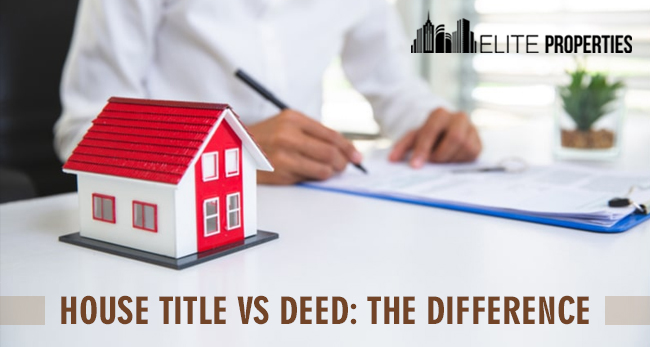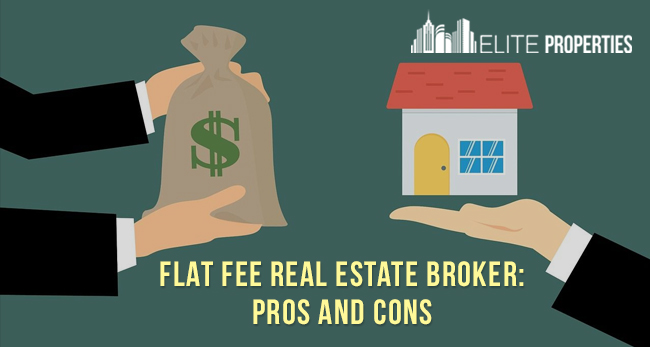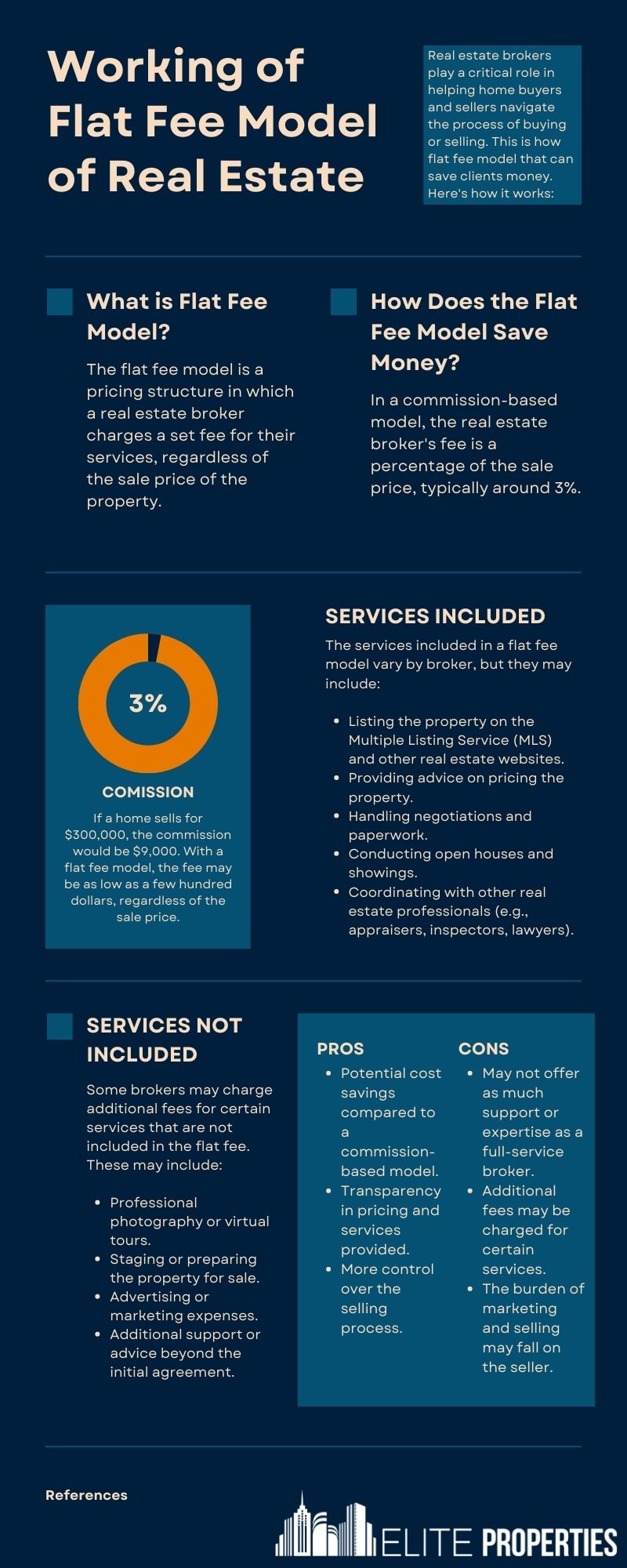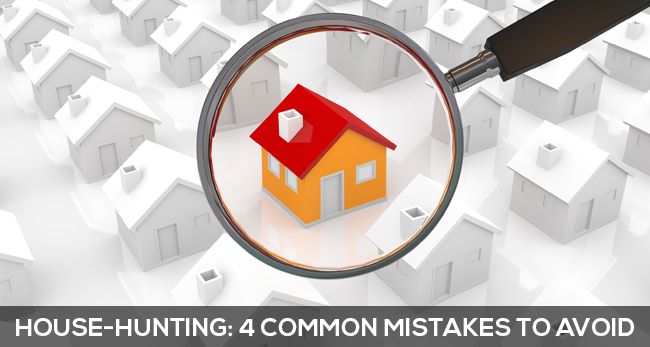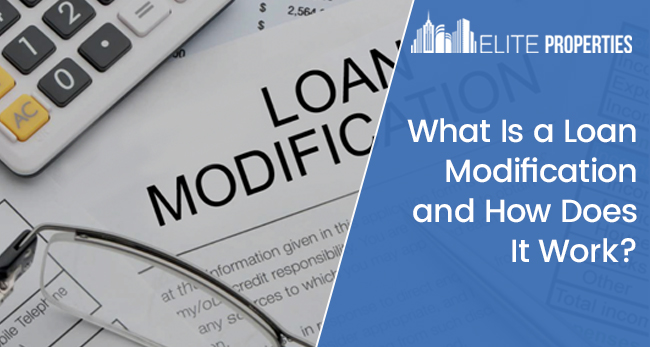With different trends surfacing in the real estate industry, realtors use all kinds of ingenious strategies to gain more clients. Home buyer rebate is yet another effective approach to attract more business.
Home buyer rebates or commission rebates are not legal everywhere. However, in Washington D.C. and 42 out of 50 states in the US (as of May 2022), including New York, real estate agents or brokers are allowed to give commission rebates to their clients.
When buying a home, if you are working with a realtor who provides home buyer rebates, you end up getting a part of the agent’s commission as a refund. Meanwhile, this approach also helps the agent to secure more business because they offer a rebate.
Since home buyer rebates are negotiable, you might need to ask for the refund that you want. But before we jump into how you can negotiate the home buyer rebate, let’s take a look at some essential aspects related to it.
What Is a Home Buyer Rebate?
When a real estate agent refunds a part of their commission on a transaction to a buyer, it is what we call a home buyer rebate, commission rebate, or buyer’s rebate. This can result in you getting thousands of dollars returned when you purchase a home.
Usually, a buyer’s agent receives 3% as the commission. The home buyer rebate is a portion of this 3% commission of the buyer’s agent which the buyer gets at closing.
Some real estate companies or agents may provide a buyer’s rebate or cash back as an inherent perk of using their services.
Is A Home Buyer Rebate Taxable?
If you are wondering whether you have to pay tax for a home buyer rebate or not, you can take a breath of relief. Under the IRS (Internal Revenue Service) rules, real estate rebates are not considered income earned but are treated as a price adjustment.
Hence, these rebates are not taxable and this adds a benefit while buying a home from an agent who provides commission rebates.
How To Negotiate a Home Buyer Rebate?
As providing a home buyer rebate cuts off the commission received by the agents or brokers, many may refuse to provide it.
The housing market in the United States is at an all-time high, so any savings that buyers can make matter. Getting a home buyer rebate while buying a house can help you save thousands of dollars. So, it is worth negotiating and getting the best amount of rebate that you desire from the agent or broker.
There are usually two ways through which you can negotiate a home buyer rebate:
⦁ Negotiation On Your Own:
As real estate agents have to share a part of their commission with you when they give a commission rebate, many of them become reluctant to share it.
However, those who understand the essence of getting more business by benefiting their clients may readily agree to provide you with a buyer’s rebate. In case you have identified a realtor providing rebates, you can simply negotiate for the home buyer rebate that you want.
An agent may put much less interest and effort into it if you negotiate for a greater rebate. So, you need to ensure that you present an offer that the agent can willingly agree to accept.
The rule is simple – if you want something you need to offer something. You may ask the agent for the desired rebate by providing a favorable offer.
You may assure the agent that you’ll engage them largely for their expert advice and bargaining skills, and conduct a greater portion of your home search on your own.
Make sure that you also stick to the best practices for negotiating a home buyer rebate such as:
- Do thorough research so that you are prepared to put forward the best offer.
- You may ask interrogating questions and be a good listener.
- Keep your points very upfront and ask for want you want.
- Hold in mind to expect the best outcome by aiming high.
- Last, but not least, be ready to walk away if the terms are not up to your liking.
⦁ Negotiation Through a Service:
Another alternative is working with companies that provide services to negotiate real estate buyers’ rebates for you. These companies find realtors who provide home buyer rebates and compete for your business.
These companies would negotiate on your behalf and get you the best deal. You can save both time and effort by using this method instead of negotiating with the agent for the rebate on your own.
This approach is comparatively easier as you need not put much effort into negotiating the rebate. As a result, it helps you to ease your negotiating process. This’ll save thousands of dollars through your home buyer rebate.
Situations Favorable for Negotiating Home Buyer Rebate
You may have a higher chance of successfully negotiating for a home buyer rebate that you desire if:
- You use the same agent to sell and buy your property so they can get both commissions.
- You are dealing in a market where the demand is low and the number of buyers is less.
- Your agent will receive a hefty commission when you are buying a high-priced home.
- You are working with a real estate agent who is newer and less experienced. He may have trouble attracting new clients.
The Final Say
With a home buyer rebate, you may be able to save a lot of money. It is feasible to negotiate the rebate on your own, but it may be challenging and provide certain service-level concerns. Alternatively, you may negotiate it through a service if you do not want to do the heavy lifting in negotiation.
Don’t just choose the agent offering the largest rebate. But compare agents to locate the one that best suits your needs.
Get in touch with Elite Properties’ expert support here!


